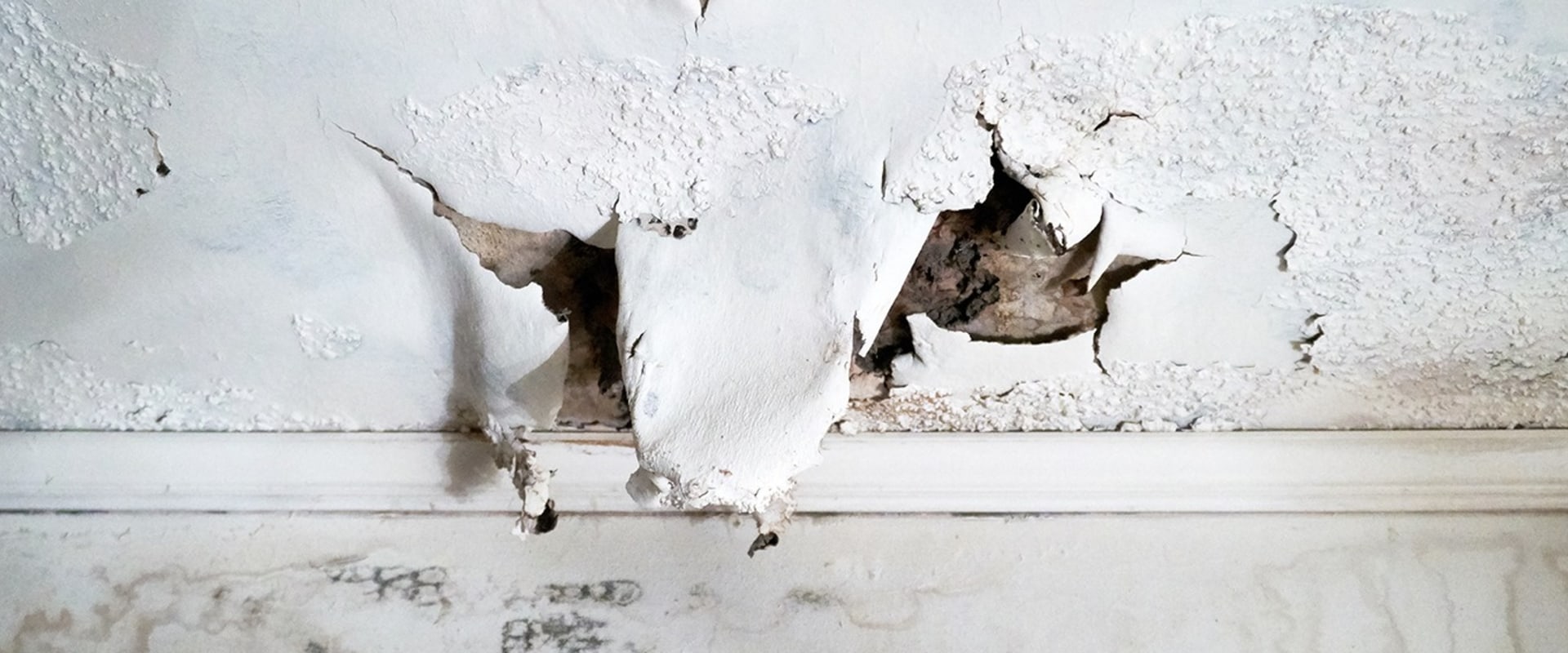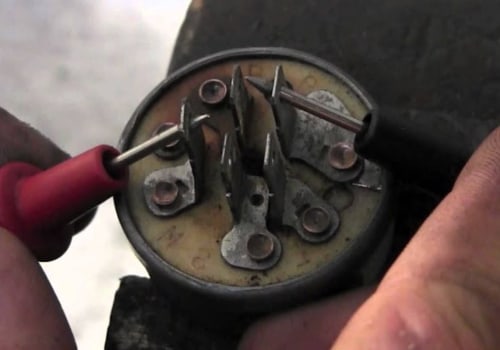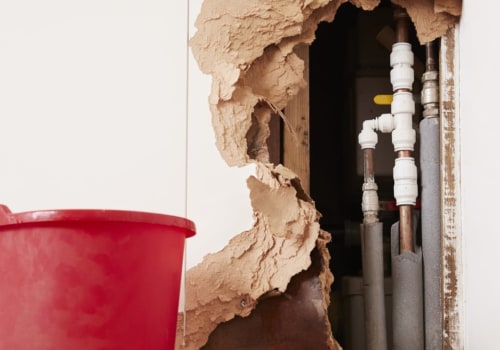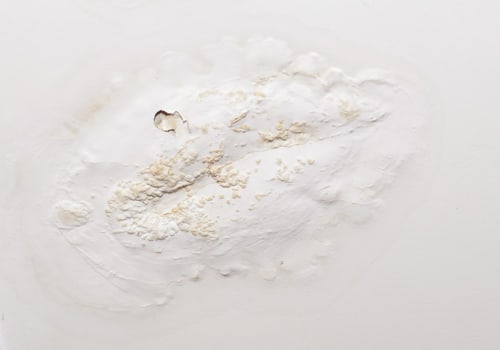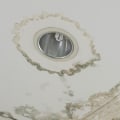In the face of water damage, many homeowners are left wondering if it can make them sick. The answer is yes, water damage can make you sick, but not directly. The real health risks come from the factors associated with water damage, such as biological agents, mold, and contaminated water. Biological agents, such as bacteria and other dangerous microbes, are often found in water that causes property damage.
This poses a health risk to people who are exposed to these factors. Mold is another major health hazard associated with water damage and can lead to significant health problems for those exposed to it. Smaller leaks inside the walls of your property can provide the perfect environment for mold growth, while also making you sick and causing costly structural damage. The Centers for Disease Control and Prevention (CDC) confirms that the United States has one of the safest public water systems in the world, but it is still possible to get sick from tap water.
Coli or salmonella bacteria in the water you eat can cause flu-like symptoms including stomach cramps, diarrhea, or vomiting. Chronic wheezing and coughing are common symptoms of water damage exposure, as are respiratory problems. Patients have reported sneezing, watery eyes, and sore throat. Some people may experience chronic fatigue and skin rashes.
In the most severe cases, black mold is believed to be a major factor in contracting pneumonia. Floodwaters may contain harmful bacteria and microbes that can make you sick and stay in your belongings. Toxins, chemicals, and contaminants remain on water-damaged furniture long after it has dried. Leave the water in your house too long and mold, insects and fungi will appear.
They can worsen your allergies, cause respiratory infections, and aggravate a host of other health problems. If your business has been damaged by a flood, broken pipes, or leaks of any kind, then you know how devastating water damage can be. Water reaches everywhere, and even when pumped or dried, water damage is often still present on the ceiling, walls and floors. You may not realize it, but in addition to being unattractive, this type of damage can be very dangerous to your health and that of your employees and customers. If you get water from a private well, you are responsible for having the water tested to make sure there are no pesticides. Not only does this contaminated water adversely affect nearby wildlife, but it can also seep into the public water supply and cause problems with your home's drinking water. A heavy-duty water pump, flood pumping pump or industrial wet vacuum is the most effective way to remove a large amount of standing water. A 2004 study by the Institute of Medicine found clear evidence that indoor exposure to mold caused by water damage can adversely affect people's health.
The company may suggest that you use an alternative water source if the water is unsafe for a period of time. The Safe Drinking Water Act (SDWA) was passed by Congress in 1974 and enforces drinking water standards by setting limits on levels of harmful contaminants such as lead and disinfectants. If your water supply comes from a public water system, the Environmental Protection Agency (EPA) sets some regulations in these companies to ensure that pesticide levels are kept low. If you have water damage in your business, you should call a professional to have it evaluated and determine if there is mold. After that, it may be too late to buy or rent the equipment you need to avoid irreversible water damage or alleviate unhealthy living conditions. When preparing for a flood, you have a much better chance of quickly applying remediation techniques, thus reducing water damage and the possibility of associated diseases.
